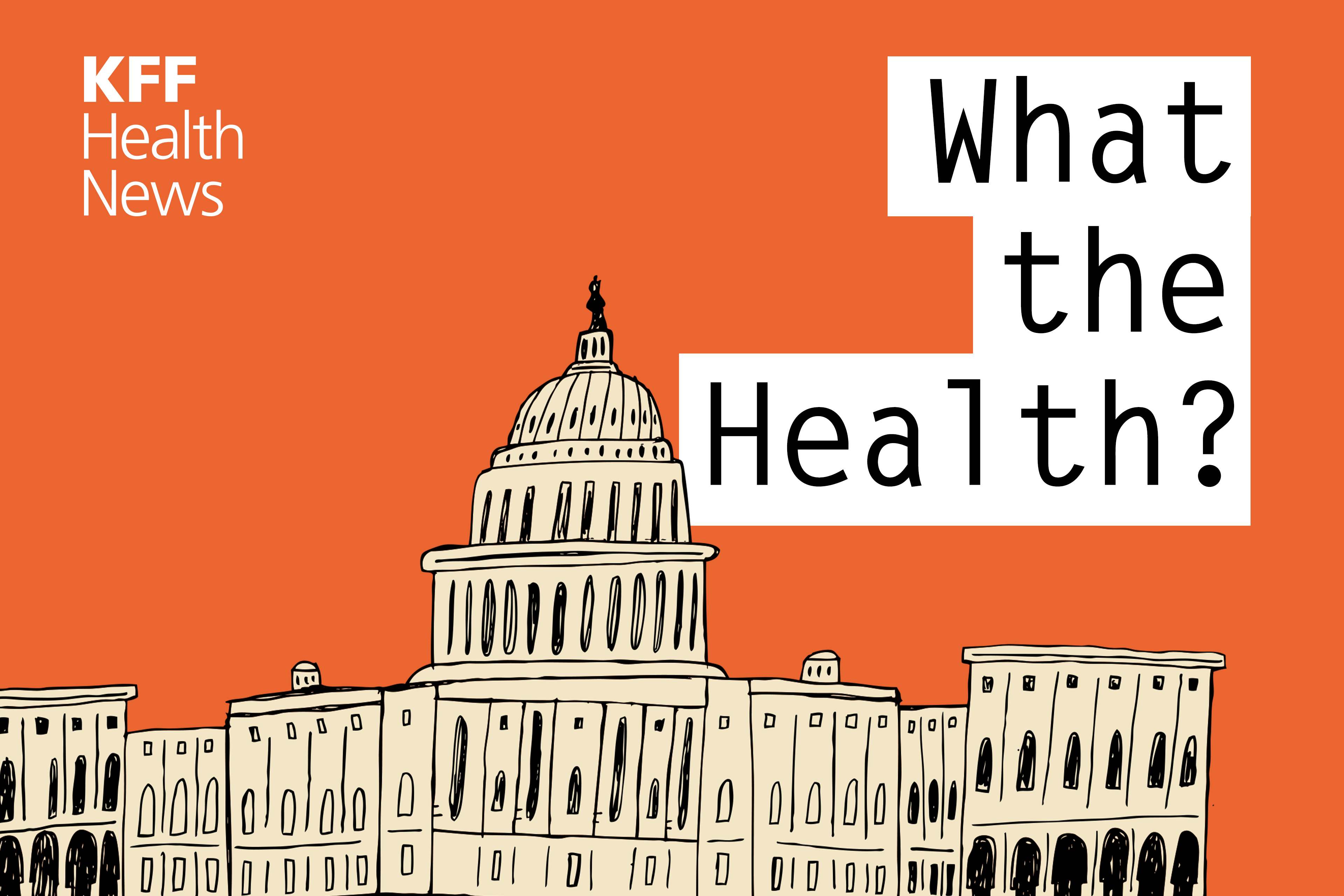The Intersection of State and Federal Policies on Access to Medication Abortion Via Telehealth after Dobbs
This brief reviews current state and federal policies, ongoing litigation, and potential federal actions that may impact access to telehealth for medication abortion.


